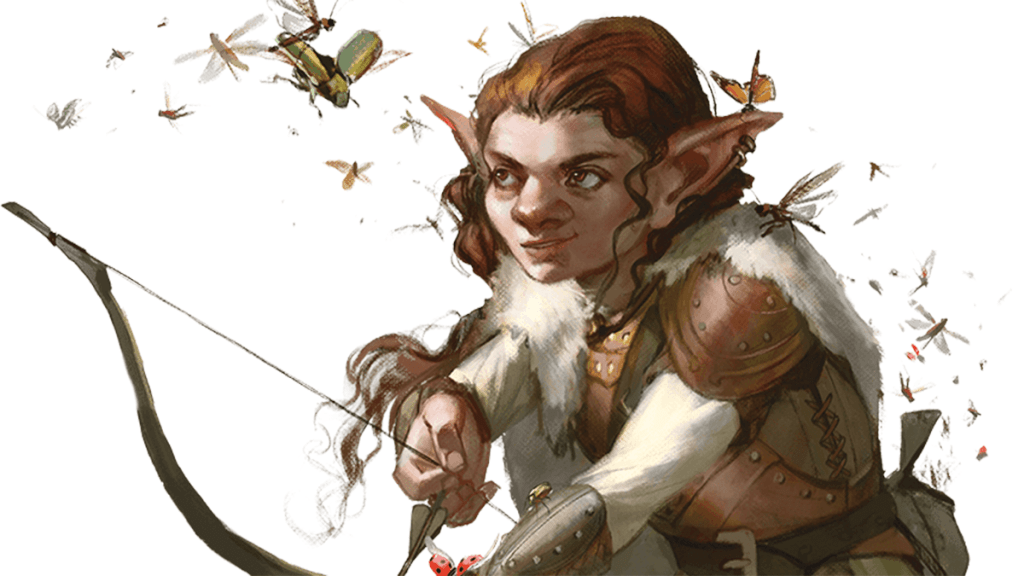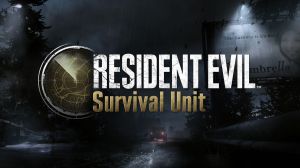Dungeons & Dragons is testing out a new kind of spellcasting mechanic. Earlier this week, Wizards of the Coast released a new One D&D playtest focusing on the Bard, Ranger, and Rogue classes, which are now classified as Expert Classes. The playtest included an interesting new spellcasting mechanic specific to the Ranger’s Hunter subclass. The Hunter’s Multiattack ability includes the option to “downcast” the 3rd-level spell Conjure Barrage using 1st or 2nd level spell slots. When a Hunter downcasts Conjure Barrage, they still use the spell’s full area of effect, but they reduce the damage by either 1D8 or 2D8 depending on how much they downcast they spell.
Videos by ComicBook.com
Many spells in Dungeons & Dragons have the ability to “upcast” spells, increasing the damage or number of targets when they expend a higher level spell slot when casting. However, this marks the first time that Dungeons & Dragons has played around with the ability to “downcast” a spell, which could come in handy for “half-casting” classes like the Paladin or Artificer. The downcasting mechanic is intended to encourage players to use their higher level spells in more situations instead of trying to conserve their valuable higher level spell slots.
Both the Ranger and Bard received another significant upgrade in terms of spellcasting ability, thanks to a switch in how those classes select their spells. Previously, Rangers and Bards were “spontaneous casters,” which meant they chose new spells when they leveled up and then were limited to using only those spells until they next leveled up. Now, Rangers and Bards are “prepared casters,” which allows them to choose a new list of known spells after every long rest.
You can check out the full playtest here.
You can keep up with our full tabletop game coverage here, and subscribe to The Character Sheet, ComicBook.com’s new YouTube channel covering all tabletop RPG news.









